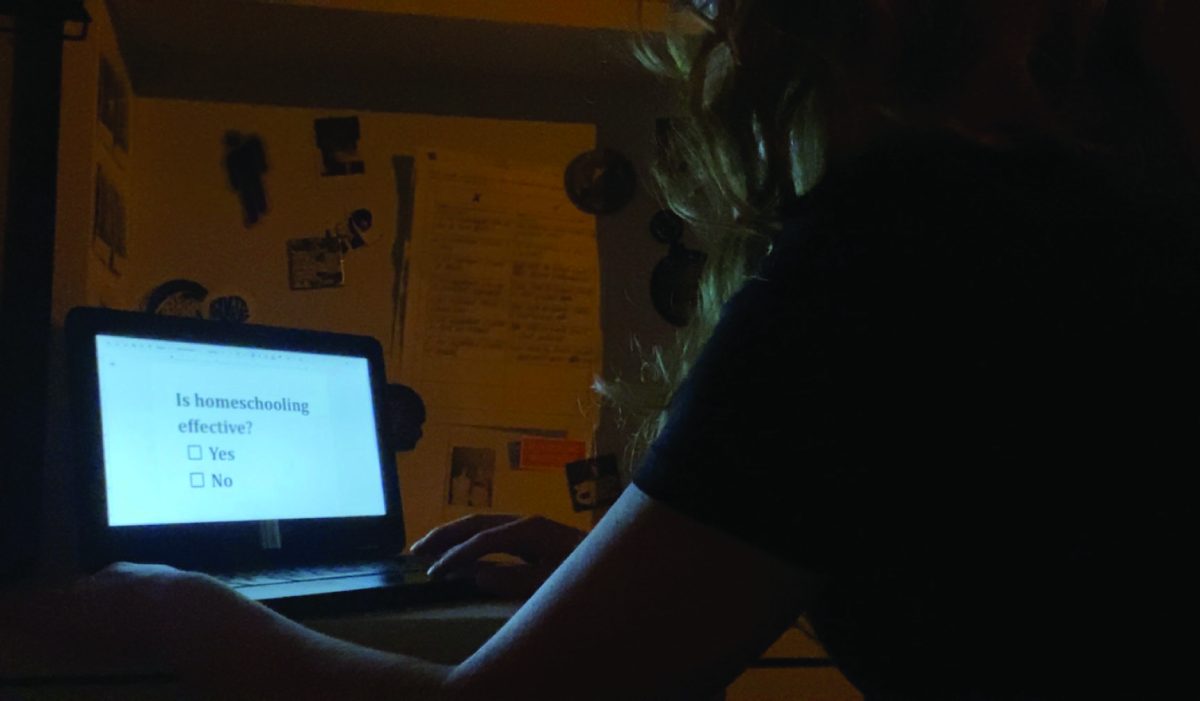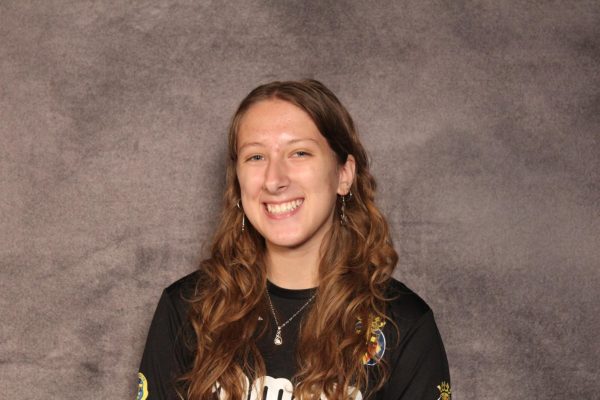A distant buzzer cries. Minutes later, a girl feels a warm hand on her shoulder shaking her awake. Opening her bleary eyes, she looks through the darkness to see her father in her room to make sure she is awake. As she smells the sahur cooking in the kitchen, her stomach rumbles.
This early wake up call is familiar to many LSE students. Across town, another girl wakes up to the same 4 a.m. dimness and the comfort of her soft sheets. She hears the bustling of her large family in the kitchen, preparing their food.
Plenty of students throughout the city are experiencing similar events to those of freshmen Rahaf Osman and Hiba Isa. The thing that connects them is the celebration of Ramadan.
Although they come from different backgrounds, both Osman and Isa celebrate Ramadan, which starts on March 10 and ends on April 9 this year. In the Islamic faith, Ramadan, which is celebrated during the ninth month in the Islamic calendar, is the holy month of fasting.
During this religious holiday, participants fast from food and drink, including water, and sexual relations from sunrise to sunset. This is to maintain discipline and to spend time focusing on their religion. In the process, the celebration also brings together families, because they “[share] the same experience,” as Osman said.
For Osman and Isa, the experience starts early in the morning. Both families normally wake up around 4-6 a.m. to eat sahur, a breakfast eaten before fasting which, for Osman, often consists of warm foods such as soup. For Isa, before she can start eating, her family says a prayer, drinks a whole cup of water, eats a date, and then says a final prayer.
After this morning routine, it is time to go to school for both girls. Isa has a more difficult time at school during Ramadan than she does if she were home.
She describes being at school during Ramadan as “torture.” This is because when she is in the comfort of her own home, she can sleep rather than be up and thinking about eating. She also mentioned how going to lunch at school and seeing other people eating is another obstacle.
For Osman, being at school during Ramadan is actually much easier than being at home. At home she isn’t as distracted by surrounding peers and schoolwork, which takes her mind off her hunger. However, she has faced some challenges at school.
She said that some of the difficulties of being at school have been P.E. classes and speaking so much during the school day. By the time 4 p.m. hits, she gets really thirsty from all the socializing.
Isa agreed that taking gym classes during Ramadan is difficult. She mentioned how in middle school, teachers would let her sit in the counseling center for the period. Another difficult thing that Isa remembered from middle school was taking a Family and Consumer Sciences class, because they made so much food that she couldn’t eat.
With the difficulties students celebrating Ramadan face at school, the question of how schools could be more accommodating arises. Osman and Isa both brought up how schools could give students days off during Ramadan. They both have an understanding that a whole month off isn’t realistic, but wish for just a few days – specifically the first two and last two days of Ramadan, which are “celebration days” according to Osman.
Eid al-Fitr is a major Islamic holiday that commemorates the end of Ramadan. During this holiday, families say special prayers together and break their fast.
So how does LPS go about setting the calendar, and why are the Christian holidays the ones that get time off? According to Dr. John Neal, the Associate Superintendent for Civic Engagement and co-chair of the LPS calendar committee, when deciding what days students get off they take a look at state holidays and review days that have records of low attendance.
An example would be the Christian holiday of Good Friday, which happens before Easter. This is a day of low-attendance rates across the district, so it is now a day off in the calendar. Ramadan has not had low enough attendance rates for the committee to look into giving students any days during it off.
However, Isa sees the situation as a product of dominant culture, saying that “[Eid and Ramadan are not] their main focus. Like, that’s not what they care about.”
Isa and Osman both believe that LPS could make more accommodations to support students and families celebrating holidays that are not given time off during the calendar year. Some of these actually already happen to be in place and others are being worked on at the moment.
Dr. Neal said that if parents call the school and tell them that their student is going to be missing school for a religious celebration or observance, that the school will excuse the absence.
Brittney Hodges-Bolkovac, the LPS Executive Director of Equity, Diversity and Inclusion, also said that schools provide spaces for students to be during lunch and “private spaces for mindfulness.” This is a huge benefit because both Isa and Osman spoke about how important it is for them to do their prayers on time.
“We pray five times a day and you have to be on time with them. If you miss them, there’s no point in fasting or praying. That’s how it is,” Isa said.
Isa also believes it would be beneficial to make announcements over the intercom at the start of Ramadan reminding students to support their Islamic/Muslim classmates. Hodges-Bolkovac said that this is something that LPS has been discussing for a while.
“I’m hopeful that in the coming year or so we will be able to get a more streamlined approach to this for educators,” Hodges-Bolkovac said. “Knowing we serve over 40,000 students who celebrate many cultures, we want to be sure to not leave out any specific group, so we have been working to see what kind of monthly message can be shared to keep upcoming holidays/celebrations at the forefront of our teachers’ minds.”
Osman and Isa both say that there are plenty of ways students and teachers could be more informed about Ramadan and others around them. One suggestion Osman has is to have more presentations about other religions. On top of that, both said that a great way for people to become more informed is to go read articles or even watch TikToks about cultures around them.
“I think people should just learn more. One video is not gonna take a lot of time and you can learn a lot about different people and then you could be more inclusive to those people,” Osman said.
Isa welcomes others asking her questions about Ramadan and about her religion.
“I love telling people about [my culture],” Isa said. “If you want to know something, just ask.”
Being aware of the cultures and lives of one’s peers really makes a difference. Even if it is just remembering not to offer snacks to fasting classmates or acknowledging that someone might be grumpy or extra tired because of their sleep schedule during Ramadan.
When the sun finally sets, Osman and Isa can break their fast with their families. Once their meal is completed and the dinner cleaned up, it is time for bed. Their houses become quiet with only the noises of their families softly sleeping. That is until morning, when a distant buzzer cries again.








